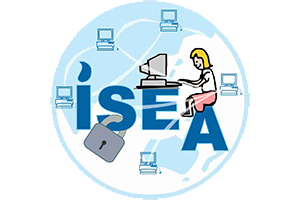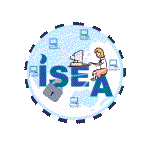- The first step in security is considering the physical security of the PC. Maintenance of physical security depends on the location and the budget.
- The second step is the factors related to physical stability that include the power supply, physical location of the computer, room temperature, etc. Failure of anyone of the above said factors leads the computer into risks.
There is a good chance that your home PC is one of the most expensive things in your home, or if you have got a laptop, it is likely to be the most expensive thing you carry in a bag.
Although your insurance policy may cover the costs of replacing hardware if it’s stolen, there is nothing that money can do to retrieve precious or personal data. So physical security is as important as software security.
Computer locks
Thesedays PCs are available with a locking feature, which contains a socket in front of the case to unlock and lock the case. This helps us to prevent unauthorized users from gaining access to the hardware of the PC, and also it prevents them from booting the system with their own floppy or hardware.
Tips for keeping your PC physically secure
- Always make sure that only authorized users access the computers.
- Use system’s screen locking functionality to protect against physical access, such as a screen saver that won’t deactivate without a password, or just log out of everything so anyone that wants access has to log in again.
- A continuous interruptible power supply should be provided to the systems in order to prevent loss of unsaved data during power failures.
- The systems should be placed in a room which is dust free and has a good ventilation to avoid overheating of CPU.
- The PC keys should be secured and not left unattended.
- Do not plug the computer directly to the wall outlet as power surges may destroy computer. Instead use a genuine surge protector to plug a computer.
- Check the system input power supply and grounding at least annually to ensure that it meet the manufacturer’s specification.
- Static electricity may affect the integrity and reliability of data and programs processed and stored on equipment, hence antistatic devices should be installed.
- Use gentle touches on the keyboard.
- Don’t eat food or drink by the PC.
- There should be no magnets near to you PC.
- Keep your PC clean.
- Lock the room properly in which PC is kept before leaving the home.
- Buy lockable CPU cabinet’s and keep them, locked.

